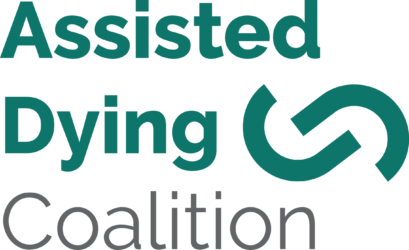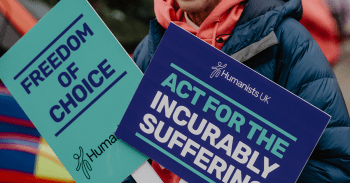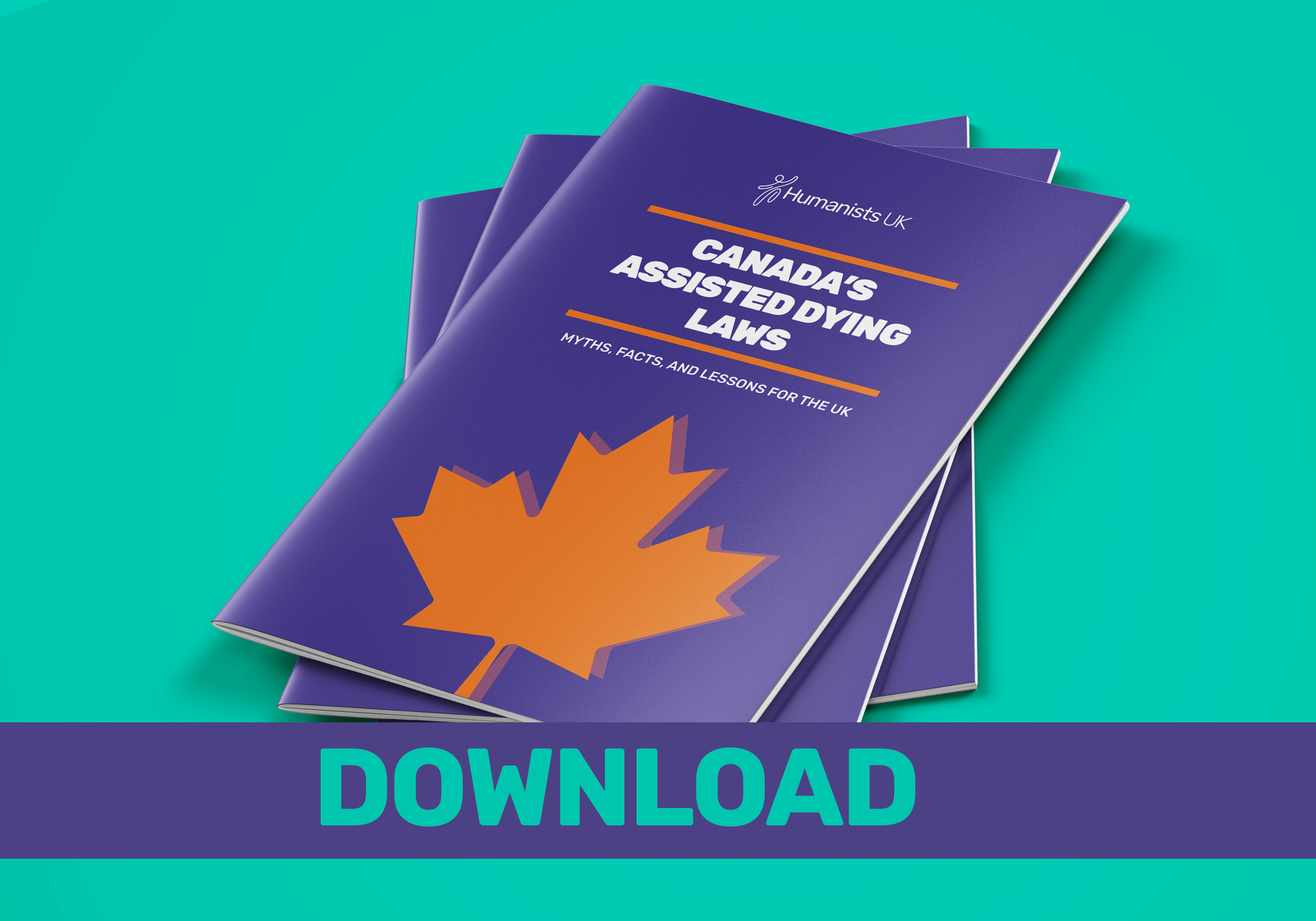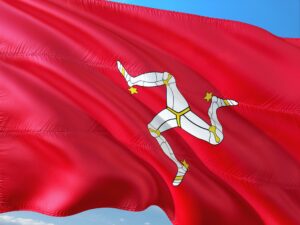 Today in Parliament, the Health and Social Care Committee received testimony from international experts from Belgium, the Netherlands and Canada to inform its inquiry on assisted dying. Experts said that the introduction of assisted dying legislation had led to vast improvements in end-of-life care provision.
Today in Parliament, the Health and Social Care Committee received testimony from international experts from Belgium, the Netherlands and Canada to inform its inquiry on assisted dying. Experts said that the introduction of assisted dying legislation had led to vast improvements in end-of-life care provision.
Professor James Downar, Head of the Division of Palliative Care at the University of Ottawa, explained that since the introduction of an assisted dying law in 2016, Canada had seen ‘the strongest growth of palliative care in its history.’ Professor Jan Bernheim and Professor Rutger Jan van der Gaag said that legislative change in Belgium and the Netherlands had been intrinsically linked with palliative care and they now boast some of the best palliative care provisions in Europe.
When pressed by the Committee about why Belgium had been one of the earliest adopters of assisted dying, as they changed the law in 2002, Professor Bernheim explained it was primarily out of compassion.
Professor Downar told the Committee that several cases from Canada had been misrepresented recently, something that Humanists UK has highlighted in its report on Canada’s legislation. Downar explained that the vast majority of people who have had an assisted death in Canada either received palliative care before they died (over 80%) or had access to good palliative care (over 98%).
Until now, debates in the UK regarding assisted dying have mainly focused on the terminally ill – people who have six months or fewer left to live. However, this session revealed that a compassionate way forward involves extending the law to also include individuals who are incurably and intolerably suffering – a policy Humanists UK supports.
Professor Bernheim explained that creating legislation will introduce safeguards and scrutiny to end-of-life care that doesn’t exist in the UK right now. He explained that Belgium and the Netherlands have the most scrutinised and studied legislation in the world, and public support remains strong, as does public confidence in the medical system.
Last month, the Committee met with international experts from the US and Australia who similarly gave overwhelming evidence for a change in the law on assisted dying.
The Committee has already published its initial findings from a public survey, and commented on their fact-finding trip to Oregon. The next stage of the inquiry is to hear evidence from Switzerland.
Humanists UK Assisted Dying Campaigner Nathan Stilwell said:
‘After two sessions focusing on assisted dying legislation abroad, the evidence is overwhelmingly clear – such legislation is compassionate, safe, and absolutely necessary. This session expelled many of the myths around legislation abroad and showed that the UK is now lagging far behind the 28 international jurisdictions that have compassionate end-of-life laws.
‘People who are terminally ill or intolerably suffering absolutely deserve the right to make choices at the end of their lives. The public overwhelmingly supports the right for such people to have a dignified death on their own terms. Humanists will always defend the right of each individual to live by their own personal values – and that includes the right to make end-of-life decisions.’
Notes:
For further comment or information, media should contact Humanists UK Assisted Dying Campaigner Nathan Stilwell at press@humanists.uk or phone 07456200033.
Read our report on Canada’s assisted dying legislation.
Read our write-up of the previous evidence session.
Read more about a decade of campaigning for the legal right to die – at home and abroad.
Read the ONS study on suicides among people diagnosed with severe health conditions.
Read more about our campaign to legalise assisted dying in the UK.
Humanists UK is the national charity working on behalf of non-religious people. Powered by 100,000 members and supporters, we advance free thinking and promote humanism to create a tolerant society where rational thinking and kindness prevail. We provide ceremonies, pastoral care, education, and support services benefitting over a million people every year and our campaigns advance humanist thinking on ethical issues, human rights, and equal treatment for all.

 Today, the Human Rights (Joint Committee)
Today, the Human Rights (Joint Committee) 

 Seven of the 11 members of the Health and Social Care Select Committee have previously opposed assisted dying, with only three being known to be supportive. Last month the Committee launched an inquiry on assisted dying. Humanists UK has said it is vital that the Committee takes a careful, balanced look at the evidence, and listens to those who want an assisted death and their loved ones.
Seven of the 11 members of the Health and Social Care Select Committee have previously opposed assisted dying, with only three being known to be supportive. Last month the Committee launched an inquiry on assisted dying. Humanists UK has said it is vital that the Committee takes a careful, balanced look at the evidence, and listens to those who want an assisted death and their loved ones. Humanists UK has
Humanists UK has 
 My Death, My Decision has officially launched a campaign group on the Isle of Man. The grassroots group Let Me Choose will become My Death, My Decision Isle of Man and will campaign to legalise assisted dying on the island for the terminally ill and incurably, intolerably suffering.
My Death, My Decision has officially launched a campaign group on the Isle of Man. The grassroots group Let Me Choose will become My Death, My Decision Isle of Man and will campaign to legalise assisted dying on the island for the terminally ill and incurably, intolerably suffering. My Death, My Decision has
My Death, My Decision has 
 Humanists UK has renewed calls for compassionate assisted dying legislation for people who are terminally ill or incurably, intolerably suffering. It has done so in submissions to consultations and calls for evidence in the UK Parliament, Jersey, and the Isle of Man.
Humanists UK has renewed calls for compassionate assisted dying legislation for people who are terminally ill or incurably, intolerably suffering. It has done so in submissions to consultations and calls for evidence in the UK Parliament, Jersey, and the Isle of Man.